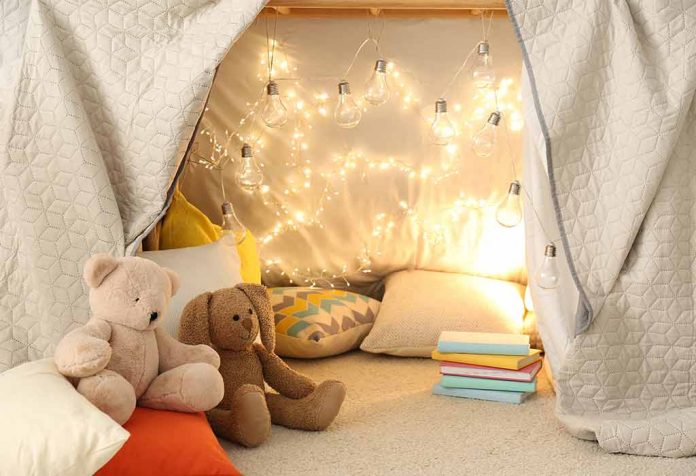Last Updated on August 9, 2024
Have you ever had your kid say something that sounds unlike them like they are hiding something or just behaving oddly? Kids often experience anxiety just as adults do but find it harder to express themselves. So instead, you might hear them say things like, “I feel like puking”, “I’m not hungry,” “But why…but if…” or a simple, “No.”
Thank you for reading this post, don't forget to subscribe!
So, how can you understand these coded sentences and recognise when your child needs your help? We help you decode some everyday things kids say that might mean, “I’m anxious!”
9 Things Kids Say That Are Code for “I’m Anxious” – What They Might Mean And How You Can Help
We have listed some of the top things kids say because they simply don’t know how to tell you they are anxious. Let’s decode these messages together!
1. “I hate you”

What They Could Mean:
“I need you to be kind, protective, and comforting.”
What You Can Do:
- Let them know you love them no matter what
- Use a kind, reassuring voice and let them know you’re there for them
- Ask them what is bothering them and how you can help
2. “I don’t know/No”

What They Could Mean:
“I am unsure or afraid to answer.”
What Can You Do:
- Say it’s okay not to know the answer and that they won’t get into trouble for not knowing or getting the answer wrong
- Let them know you are here to help them find the correct answers.
- Better still, teach them ways to remember it for the next time with memory games or word songs
3. “Leave me alone.”

What They Could Mean:
“I will push you away because I am anxious about rejection.”
What You Can Do:
- Reminded them that you will always be a safe space for them to confide in
- Give them space for a little while, but let them know you are around for when they need you
4. “I am stupid!”

What They Could Mean:
“I am afraid of failure.”
What You Can Do:
- Let them know it is okay to make mistakes. In fact, that is one of the best ways to learn something new
- Tell them you are there to guide them through and pick them up when they fall
- Let them know that even at this age, you make mistakes and learn from them, too
5. “Can we stay at home?”

What They Could Mean:
“I find the noise and chaos of the outdoors overwhelming.”
What You Can Do:
- Let them know that you understand what they mean
- Reassure them that what they are feeling is absolutely normal
- Create a soothing, quiet nook in your house where they can relax, listen to calm music, read a book, or even take a nap
- Let them know that when they are ready and feeling less nervous, you can go for a quiet walk in the park or the neighbourhood together
6. “My tummy/body hurts!”

What They Could Mean:
“My anxiety is causing me to feel physically ill.”
What You Can Do:
- Ask them why they think their tummy is upset and what you can do to help
- Get them to take slow, deep breaths in and out
- Let them know that it is normal for the tummy (or other physical part) to hurt when the mind is full of nervous thoughts
- Give them a big cuddle and a glass of warm milk to soothe their nerves and settle their tummy. A glass of water works if they are lactose intolerant
7. “I don’t want to go to school.”

What They Could Mean:
“I’m scared of being bullied by other kids or not being as smart as others.”
What You Can Do:
- Ask them if there is something or someone at school that makes them nervous
- If you suspect your child is being bullied, take it up with their teachers. Also, teach your child how to confront it respectfully
- If they are afraid of lagging behind in their studies, ask them what subject they need help with. Guide them through their studies where required, or get tutorial help
- Remind them that everyone learns at a different pace and that it’s okay to take their time to get things right
8. “What if…?”

What They Could Mean:
“I want to bring as many questions up as I can to avoid doing the thing that causes my anxiety.”
What You Can Do:
- Let them know that you are there to answer as many questions as they have
- Be patient and find the most reassuring answers to their worries
9. “I’m tired/I can’t sleep.”

What They Could Mean:
“My thoughts are flooding my brain and causing me distress. It keeps me up at night.”
What You Can Do:
- Set their bedrooms up with dim lighting they can reach and turn off when needed
- Put on calming music that helps take their mind off of things
- Read them their favourite bedtime story or sing them a lullaby
- Hold their hands and let them know you aren’t going anywhere
These simple steps and gestures reassure your child, letting them know that you’re there for them when they feel too anxious to function and that you are there to guide them through it—one deep breath at a time!











